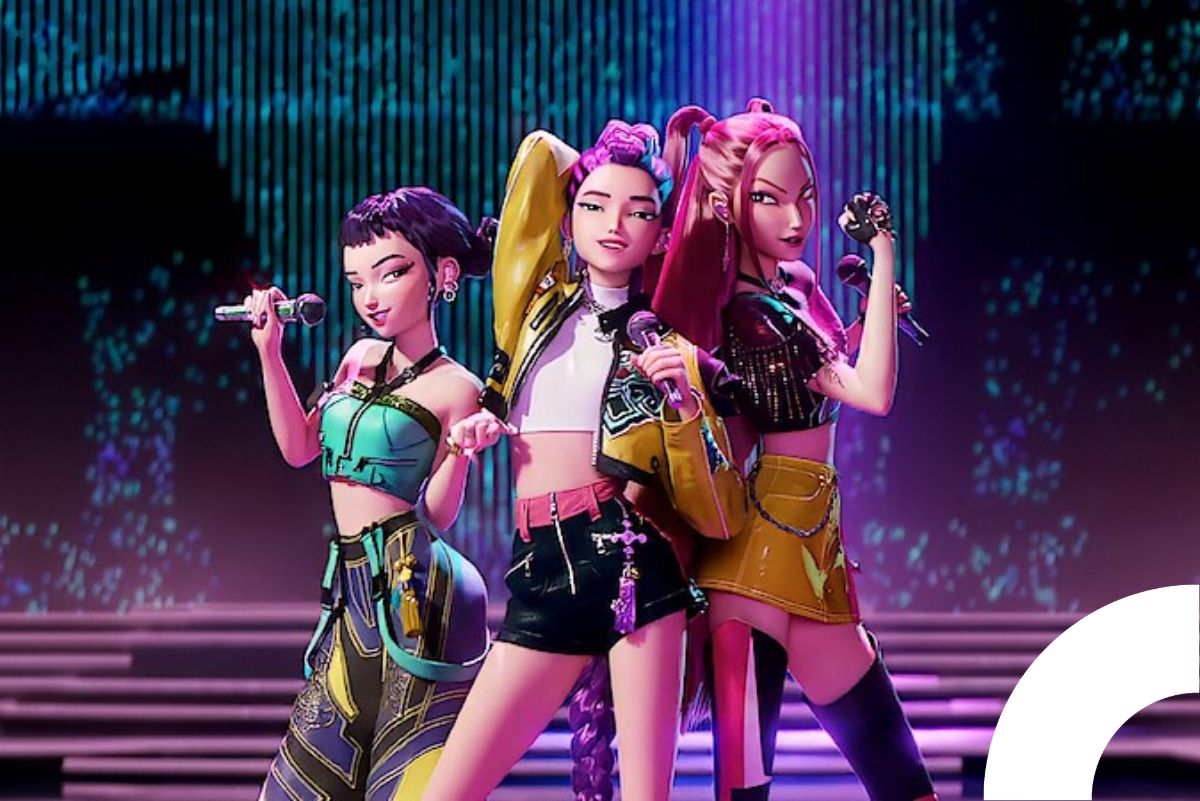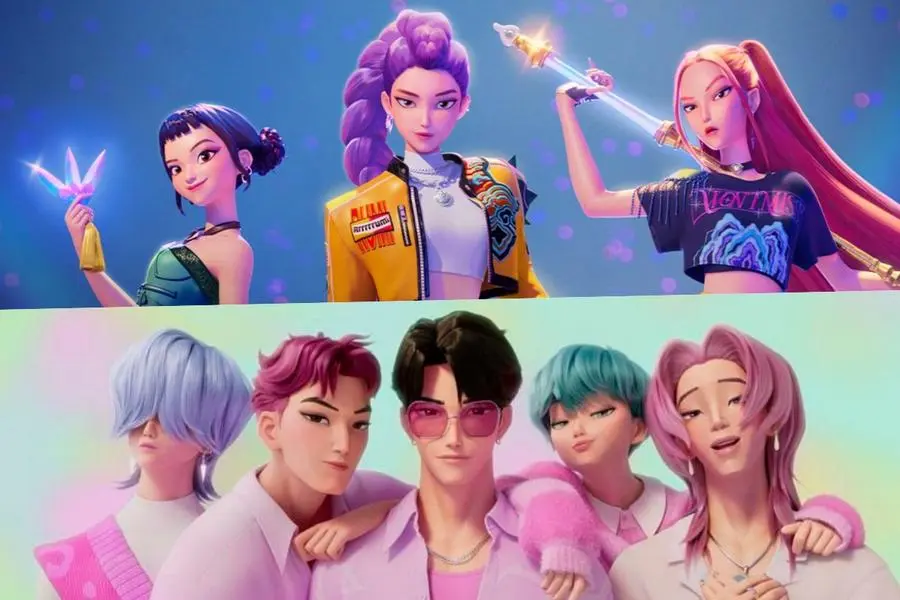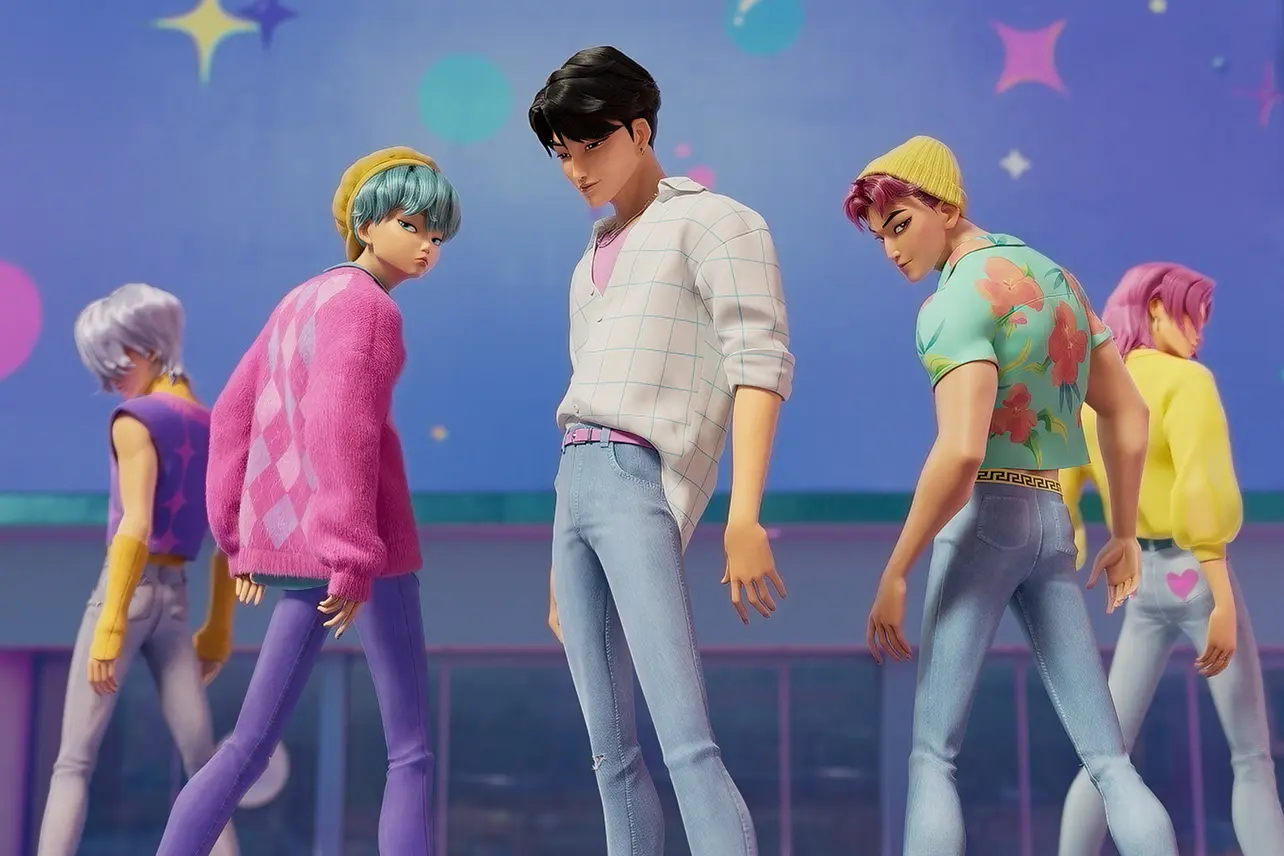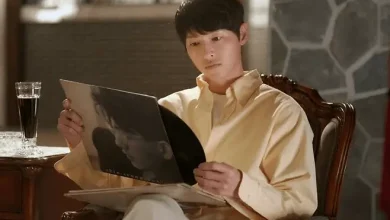
K-Pop Demon Hunters, the buzzworthy animated film produced by Sony Pictures, has dominated Netflix’s global film rankings for 10 consecutive days as of June 30, signaling a new cultural phenomenon. Blending K-pop’s global appeal with Korea’s traditional shamanistic beliefs, the film delivers a powerful fusion that resonates both locally and internationally.
What sets K-Pop Demon Hunters apart is not only its imaginative crossover of two seemingly unrelated worlds—K-pop and shamanism—but also its profound respect for the unique bond between K-pop idols and their fans. The film introduces two idol groups, Huntr/x (female) and Saja Boys (male), each with their own dedicated fandoms, mirroring real-life K-pop dynamics.

Korean-Canadian director Maggie Kang, who co-directed the film, shared in an interview with Salon that portraying this idol-fan relationship was a key focus. “This relationship is truly special and doesn’t exist in other areas of entertainment,” she said. “Idols continuously offer content and love to their fans, and in return, receive immense support.”
Even fan naming culture is woven into the film’s narrative. Just as BTS has ARMY or Stray Kids has STAY, K-Pop Demon Hunters features Saja Boys’ fandom called “Pride.” The name is a clever pun—“Pride” refers both to a lion’s group and evokes the Korean word for “saja” (lion), linking back to the group’s identity as grim reapers.

Director Kang drew heavily from her own experiences, particularly attending a Stray Kids concert. “Their fan service was incredible. When the members cried on stage, it was clearly heartfelt, and fans wept with them,” she recalled. “That emotional connection and shared energy were beautiful to witness.”
Rather than just glorifying the K-pop idol image, Kang pays tribute to the very foundation of the industry—the fandoms. K-Pop Demon Hunters doesn’t merely reference K-pop culture; it understands and honors the emotional depth that binds artists and fans, showcasing a side of Korean pop culture rarely highlighted with such sincerity.








